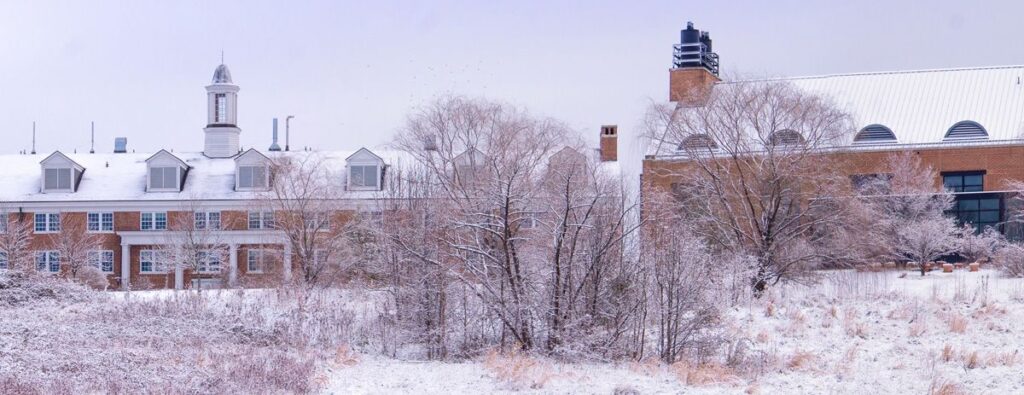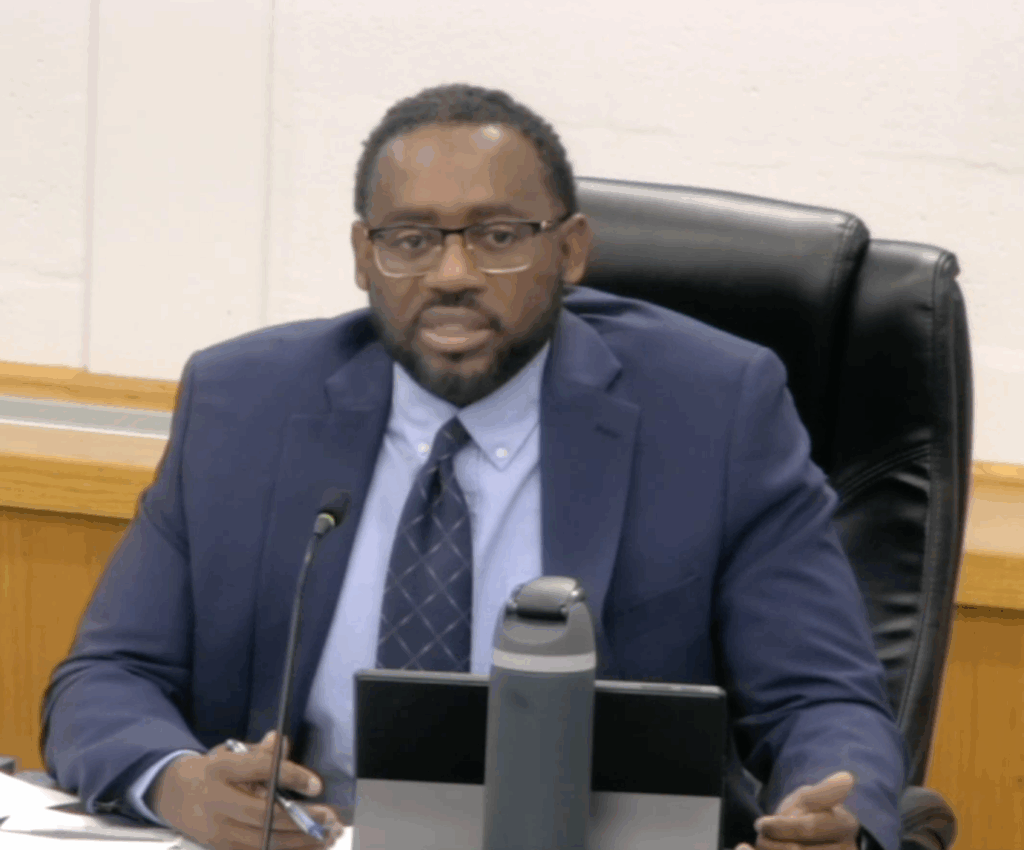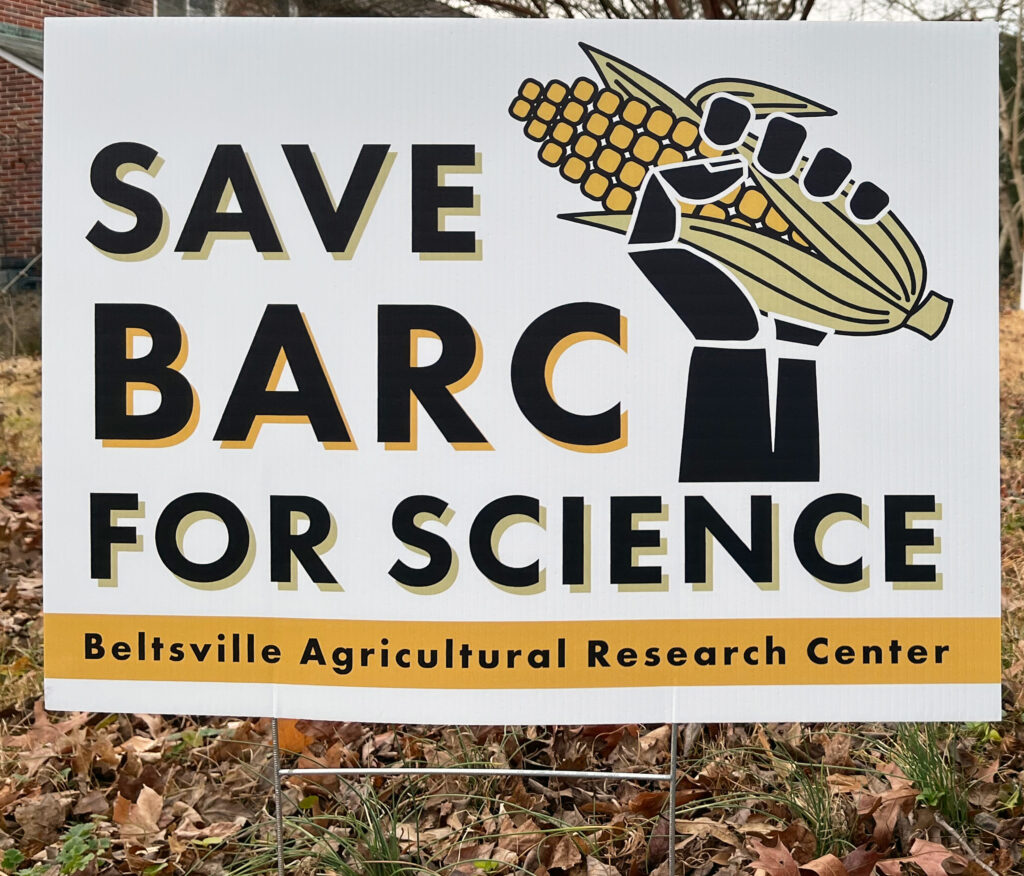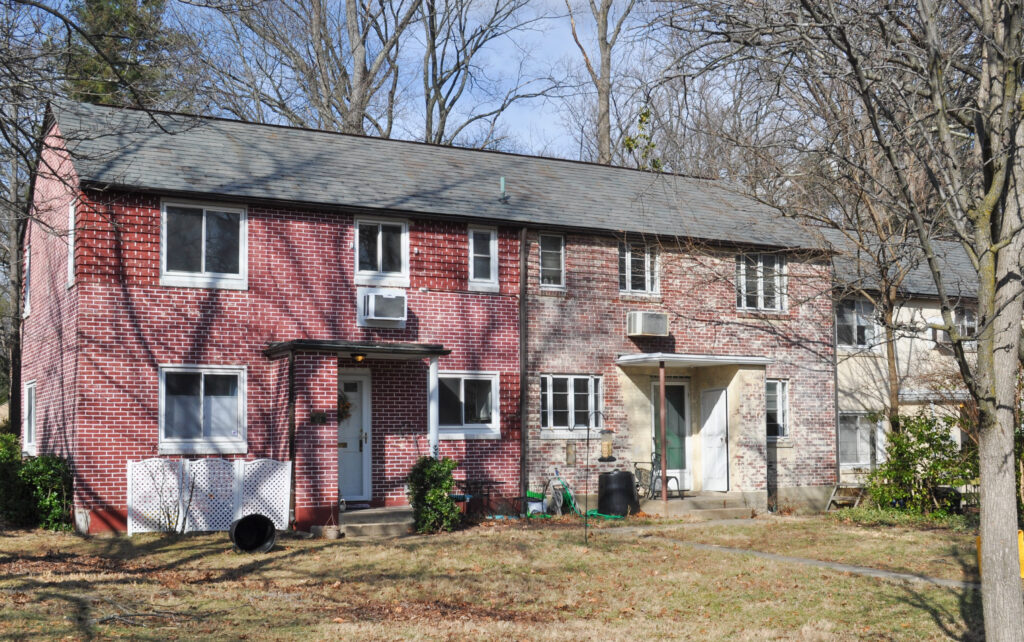The News Review once again asked candidates for election to the Greenbelt City Council to respond to questions posed by this newspaper. Answers are limited to 150 words. If an answer exceeds the limit, the answer is cut off at that point. Responses will be published in various orders to avoid favoring candidates. Here are the answers we received to our third and final question.
Question 3. Greenbelt has a lot of unused office space and retail space. Are there ideas you’d suggest or support for filling or repurposing it?
Jenni Pompi
If elected to the city council, I would consider redirecting some remaining ARPA funds to building/storefront impro vement grants for existing businesses, small-business grants and a legacy business program to offer special support to businesses that have been in Greenbelt for many years. In addition, I think the city should consider a business relocation grant program, like the ones in Rockville and Laurel, to encourage business to move to our city.
I would also like to see the city complete the purchase of the Armory, which is a gateway property for Greenbelt, and put it to use. Beltway Plaza Mall’s redevelopment has been stalled due to lack of funds, but I hope that project gets moving so we can soon determine a future for those properties. Finally, if the FBI decides to relocate to Greenbelt, I believe this will drive development to our city and help fill offices and retail spaces.
Matthew Inzeo
Let’s acknowledge that empty offices are a national problem affecting many urban areas, including the D.C. area. The pandemic and resulting work-at-home trend made the problem worse. Many federal offices are also still largely empty.
Let’s embrace aggressive solutions:
City tax breaks for office building owners, to pass on to potential tenants in lower rent.
Create a more supportive working environment for businesses.
Promote entrepreneurship programs for local residents starting their own businesses.
Let’s also upgrade the neighborhood:
Confront the crime problem in Greenbelt West, finally, including camera surveillance. Businesses considering relocation check crime statistics.
Encourage modernization of Beltway Plaza.
Make Greenbelt West a “happening place” where businesses and workers want to go.
The FBI moving to Greenbelt would likely solve the entire office vacancy problem, as FBI contractors would seek offices near the agency. To support that idea, write to: Joseph R. Biden, 1600 Pennsylvania Avenue.
Ric Gordon
Greenbelt is an ever-growing city, as we continue to grow in population the services and staff must meet the need. A space study was done recently concerning space which looked at better uses of current city space. I believe once we officially acquire the Armory from the federal government that will be a game changer for space that could help the city in many ways including the fire department, city administration and CARES services etc. Which would allow us to make use of and update other buildings for additional space. We should also work with Franklin Park about my idea I have mentioned to them of using the unused second pool and basketball court on Franklin Park property to create additional recreation space where they can partner with our city recreation department for youth activities. I feel an addition to the municipal building is a solid idea for more space.
Silke Pope
Strategies that could be pursued to fill empty spaces would be to target businesses that have employees returning to onsite work and government agencies and universities that need additional space for satellite offices.
The city could work with property owners to market unused office space to potential companies and government agencies, using a vibrant, coordinated and professional marketing campaign that reaches out to the entire region. Creative incentives for moving operations to Greenbelt should be explored.
As for retail space, the city could provide seminars to existing and prospective businesses on how to best advertise their business and on small business financing and small grants that are available locally. This could act as an engine for increasing small businesses within the community.
Using vacant office space for housing would be complicated but possible as this use would require zoning changes and the city does not have planning and zoning authority.
Danielle McKinney
On the Greenbelt City Council, I will work to enhance residents’ quality of life by helping to repurpose unused spaces to address key gaps and inequities with creative and forward thinking. Affordable housing is instrumental to quality of life. So I’ll first advocate to convert unused spaces into affordable housing units, which could benefit seniors or other residents looking to downsize or save for a future home purchase.
Safe, sustainable and inclusive recreation is also essential for a thriving community. We should convert unused spaces into recreation and community activities that are lacking in Greenbelt East and West. By creating spaces like art studios, athletic courts or indoor vertical gardens, we can provide greater recreational options for residents across Greenbelt.
Finally, I’ll support economic development that aligns with our community priorities, like transforming unused spaces to attract new, innovative and environmentally responsible businesses through pop-up shops, business incubators and more.
Kristen Weaver
Filling unused space requires collaboration between the city and organizations like the Greenbelt Business Alliance. A recent forum highlighted the need for expertise in commercial leases and other technical aspects for aspiring entrepreneurs. The city can be a connector to those with the proper expertise through workshops and training. Through American Rescue Plan Act funds, we provided business grants, including for capital improvements. While that money is time-limited, we can seek funding for a revolving fund to continue supporting businesses starting up or relocating in Greenbelt. Complete repurposing of some spaces may be warranted, especially unused office space as collective work habits have changed. I would like to explore options and partnerships for reworking office space into affordable housing, especially in areas close to the Metro. There will be challenges, since office buildings weren’t built with the internal systems and structure needed for residential units, but it’s worth considering seriously.
Emmett Jordan
Greenbelt’s 2022 office vacancy rate reached 29.18 percent (source: CommercialCafe.com), with retail vacancies even higher. As multi-year leases expire and space needs shift, we must focus on business attraction and retention. Additionally, we should explore creative repurposing options for vacant spaces.
Before Covid-19, the DMV area already faced excess office space. In 2014, Greenbelt enlisted Economist Anirban Basu to help shape our economic development strategies. Basu recommended using incentives and tax credits to encourage building owners to renovate and upgrade. We’re allocating some Federal ARPA funding for this, but we can also support repurposing incentives.
My leadership in community and economic development positions Greenbelt well for uncertainty. Our new staff proactively works on business retention and attraction, and we can do more.
While residential conversions may not be practical short-term, Greenbelt’s strength lies in its medical and professional services. Let’s capitalize on this and incentivize these businesses to locate here.
Bill Orleans
“Owners” of Greenbelt’s commercial properties don’t respect that its residents, or its council, should expect to define their uses of “their” property. We should not agree with them, of course, but the law is on their side, and this is an example that “the law” sometimes “is an ass.”
Except for old-town, downtown, the original plan, Greenbelt’s various commercial spaces were developed on single land-use models now 50 years old, or older.
Their “owners” seek the services Greenbelt provides, and such public subsidy they can get, but when their business model is failing, and the market is weakening, and their profits aren’t increasing, they, at least some, seek abatements on their property taxes, and from Greenbelt’s residential taxpayers, get reimbursed.
Nuts. They are in business to profit, and when they don’t, they should eat the loss. Alternatively, they could cooperate with the city and redevelop with more sustainable mixed uses.
James Whipple
Productive land is instrumental to the continued financial strength of our city. Underutilized space is a product of changes in the habits of the people of our city and is worsened by outdated zoning from Prince George’s County. I will work with the county to loosen these restrictions and allow our city to flourish.
To fill this space for its original purpose, we must lower the barrier for small businesses. Mandatory parking minimums inflate the entry cost of running a business by having to purchase the building and an oversized and underused parking lot. We should also incentivize activity venues to entice people to visit.
To repurpose these areas would require a zoning overhaul, which I will support. Many cities are converting offices into apartments. Loosening zoning restrictions to allow different kinds of businesses in an area is a good compromise, allowing entrepreneurs to use the building for their purpose.




